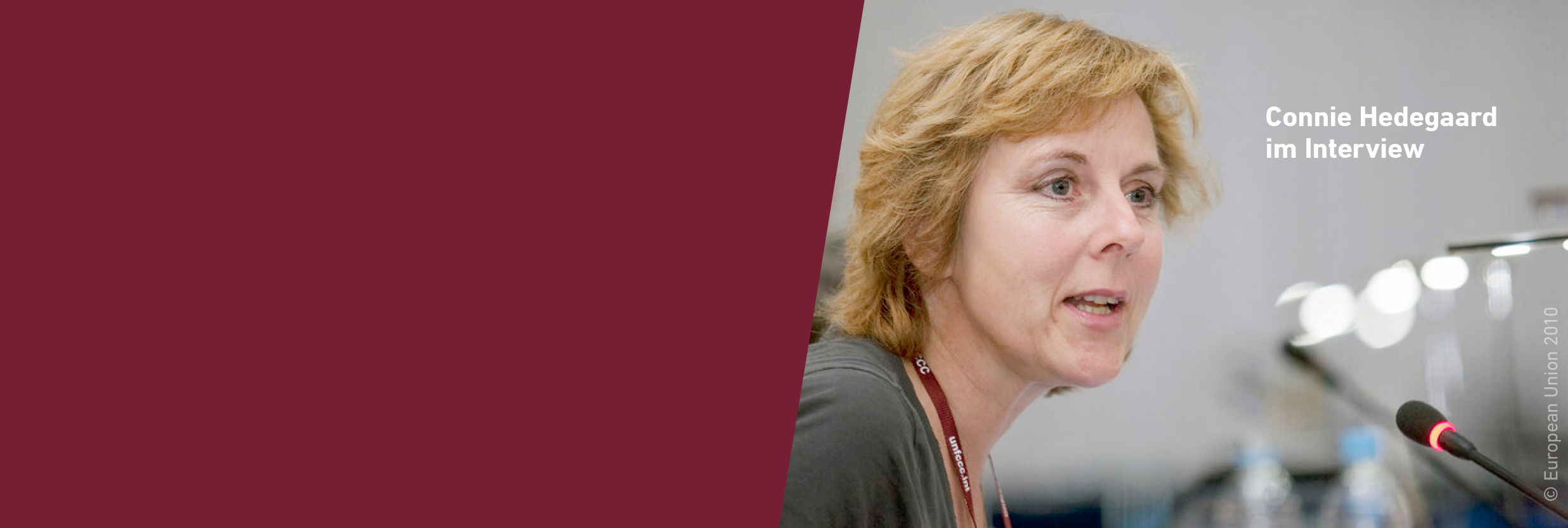"840 million people, including more than half of Africans, do not have access to electricity”
Although „electricity is a necessary component for lifting people out of poverty, improving health, increasing educational attainment, reducing gender disparities, and enabling long-term economic development”, says Simisola Sobowale, Co-Founder and Chief Operation Manager at Instant Energy.
Dear Miss Sobowale, since 2019 you are working in the energy sector at the Rural Electrification Agency of Nigeria which coordinates, promotes and provides Electrification in the countryside. Before you were working for the Defense Space Administration. Why did you switch to the energy industry?
 My career journey started in Defense Space Administration (DSA) for my National Youth Service Corp (NYSC) year (A compulsory one-year program for every postgraduate Nigerian Youth). I have a B.Eng. in Informational and Communication Engineering, so DSA was a good fit for me.
After my service year, I thought critically about the direction I wanted to go, and I settled on the energy sector specifically rural electrification and its direct correlation with renewable energy technologies. I entered Rural Electrification Agency (REA) as an intern and over the years developed a deep passion for the energy sector and how it related to the Sustainable developmental Goals (SDGs).
Through my stent at REA, I coordinated and led several projects and initiatives for my organization including providing support to numerous renewable energy developers especially under the $10 million REF Call 2 process which resulted in 51 mini-grid projects to be implemented across Nigeria.
My career journey started in Defense Space Administration (DSA) for my National Youth Service Corp (NYSC) year (A compulsory one-year program for every postgraduate Nigerian Youth). I have a B.Eng. in Informational and Communication Engineering, so DSA was a good fit for me.
After my service year, I thought critically about the direction I wanted to go, and I settled on the energy sector specifically rural electrification and its direct correlation with renewable energy technologies. I entered Rural Electrification Agency (REA) as an intern and over the years developed a deep passion for the energy sector and how it related to the Sustainable developmental Goals (SDGs).
Through my stent at REA, I coordinated and led several projects and initiatives for my organization including providing support to numerous renewable energy developers especially under the $10 million REF Call 2 process which resulted in 51 mini-grid projects to be implemented across Nigeria.
Last year you went to Instant Energy B.V. and are now working as the COO. What was your motivation?
Instant Energy B.V. was founded in 2016 with the MVP launched in 2017. The co-founders are people I have been familiar with for a couple of years as active players in the energy sector. In 2021, I was offered the opportunity to come in as the co-founder/COO of the company. I joined Instant Energy because it is an innovative energy-as-a-service company where we make energy accessible and affordable across Africa. The business plan, the technological approach and the impact we are making with energy transition to clean energy at the forefront is exemplary. The other Co-founder, Jeremiah, a business and strategy guru, Oje, a technological expert with keen UX/UI and several programming languages knowledge. Together we make up the management team of individuals delivering on the companies’ goals.
What does a week of work look like at Instant Energy?
A typical work week at Instant Energy starts with a staff meeting on Monday morning to discuss the plans for the week ahead. Afterwards, my role is to work closely with the team to endure the delivery of these set targets in a timely manner. We currently have several projects and initiatives we are working on currently that involves liaising with third parties and we ensure we are on top of everything.
Which role does renewable energiy play in Nigeria?
Renewable energy is critical to Nigeria's energy transition. 840 million people, including more than half of Africans, do not have access to electricity and, as a result, do not have access to the increased income and savings that electricity provides. Many millions more are affected by poor quality and unreliability of grid-connected power, as well as costly and polluting diesel generators. SDG7 (energy) is a critical enabler of the broader set of SDGs; electricity is a necessary component for lifting people out of poverty, improving health, increasing educational attainment, reducing gender disparities, and enabling long-term economic development. Electricity access has typically relied on a model of large, centralized power generation and the extension of publicly funded grid connections in recent decades. This has been successful in some countries, but in others, the poor financial health of grid-connected power systems has stifled progress. Today, innovative off-grid solutions, such as renewable energy minigrids ('minigrids') and solar home systems (often using a Pay-as-you-go (PAYG) model), hold great promise for increasing access to electricity. The specific technology for electricity access – grid extension, minigrids, or pay-as-you-go solar – will be determined by the least-cost solution for the specific site and scenario.
What are the main challenges for the sector?
• Subsidized diesel and kerosene (mostly used for lighting) competition; negative perceptions of minigrid tariffs due to subsidized grid-distributed electricity.
• Risk stems from a lack of awareness and community resistance to renewable energy and minigrids, as well as opposition from incumbent businesses.
• A lack of quality hardware and national quality standards for minigrid components, as well as a lack of institutionalization of a minigrid quality assurance framework. Hardware costs are also higher than expected in several countries due to a lack of a spare parts supply chain.
• Risks resulting from a lack of policies and planning for the disposal of hardware, including batteries, at the end of a mini-life grid's cycle.
• Difficult customs/clearance process for importing hardware, resulting in delivery delays; punitively high customs tariffs on minigrid hardware.
• A lack of a competitive labor market for educated, skilled, and qualified potential employees to design, build, operate, and maintain minigrids, resulting in higher costs, hiring non-local personnel, and suboptimal performance.
• Inability of the developer to obtain low-cost financing from investors due to a lack of creditworthiness or insufficient cash flows to meet the return requirements of the investors.
• Inadequate end-user credit data; customers' willingness and ability to pay, as well as payment methods for electricity
• A scarcity of long-term domestic loans, well-capitalized actors, and policy incentives.
• A mismatch in currency between domestic currency revenues and hard currency financing.
You are also working as a mentor for the empowerment of women. Why?
This is something I volunteered to do. I understand the importance of a mentor at various stages of one’s career and life. I have volunteered for 3 separate mentoring programs which has been relevant for the stage of my career I was then. The relationships and wealth of knowledge is immeasurable and has played a huge role in my career and life decisions.
Did you have a mentor?
Yes, I did. They were able to expertly lend from their wealth of knowledge to guide me during the duration of the program. We set clear goals at the beginning of the program and set about achieving each of them. The mentoring programs I went through really were beneficial to my journey.
Thank you very much.


Social Media